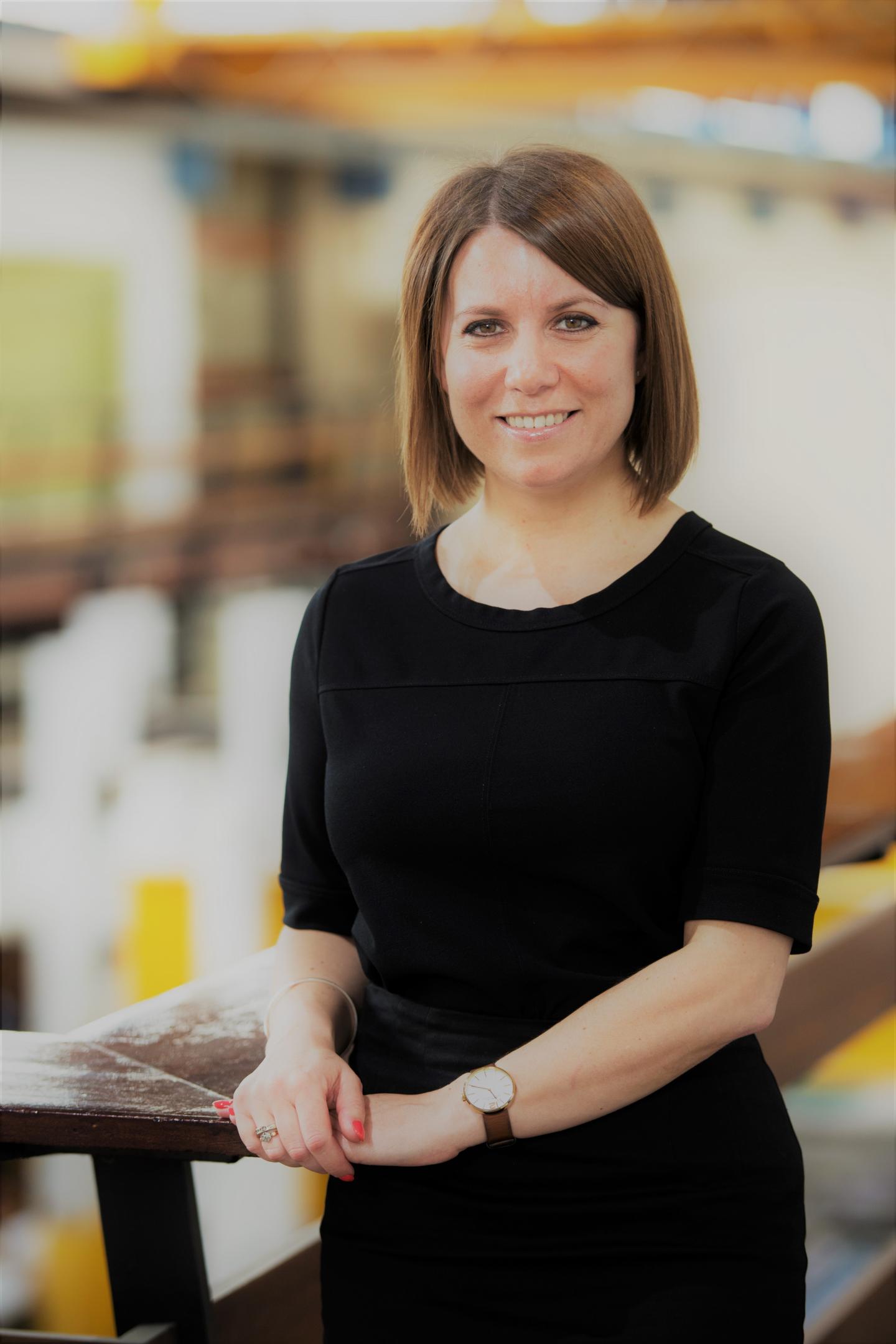
The Athena Swan Governance Committee provides assurance, expert advice and guidance to the Advance HE Board on matters relating to the transformation and ongoing enhancement of the Athena Swan charter in the UK.
Find out more about the Athena Swan Governance Committee members below:
Professor Sara Mole
Chair of the Athena Swan Governance Committee
Envoy for Gender Equality, University College London
Sara is Envoy for Gender Equality at University College London (UCL). She has a research interest in Batten disease. She has used the Athena Swan Charter to further gender equality in her department, being awarded the first Silver (2009) and first Gold (2016) awards at UCL, and now supports equality work at institutional level . UCL currently has an institutional silver award and more than 40 academic departments holding Athena Swan awards, including four Golds. As Envoy, Sara chairs the Gender Equality Steering Group.
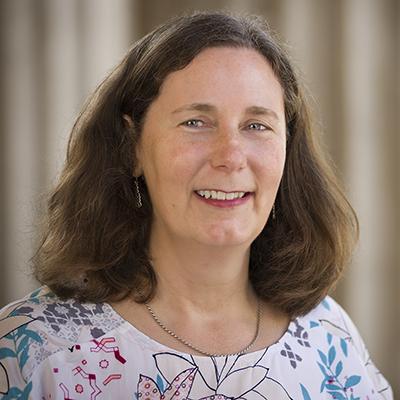
Sara works with and challenges senior management and the whole institution to advance and deliver UCL’s gender equality priorities, connecting with other Equality Steering Groups and Networks. She shares her expertise with UK Universities, UCL’s international partners and beyond. In her role on the Athena Swan Governance Committee she wants to improve the effective operation and strategic development of the Charter, so that it continues to further gender equality in the UK HE sector, and internationally.
Professor Uduak Archibong, MBE
Pro Vice-Chancellor (E, D & I), University of Bradford, UK
Uduak is Professor of Diversity at the University of Bradford, UK, where she directs the Centre for Inclusion and Diversity and provides strategic oversight for equality, diversity and inclusion across the institution. She has been recognised by the British Government and the Queen for her services to Higher Education and Equality. She was awarded MBE [Member of the Order of the British Empire] in the 2015 Queen’s New Year’s Honours List.
Uduak’s nursing career began in Nigeria in the 80’s and she graduated from the University of Nigeria in 1990 with first class honours and obtained her PhD from the University of Hull in 1995. She is a Fellow of the West African College of Nursing and a Fellow of the Royal College of Nursing.
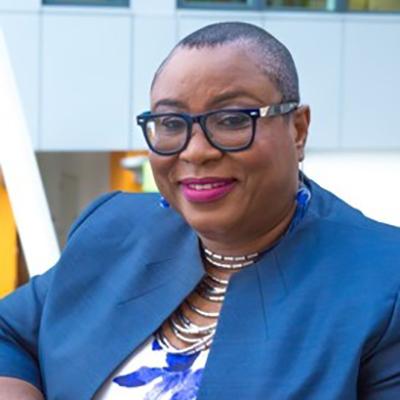
She has been recognised as a foremost authority on inclusion and diversity and currently leads in setting agendas to drive research, learning and knowledge exchange activities internationally. Informed by over 30 years’ experience of working in the higher education sector, her academic and professional work has major impacts locally, nationally and globally. Key among these impacts is that the body of her research work has provided a robust understanding of the challenges of applying diversity interventions in enhancing workforce diversity and inclusive service delivery. She has published extensively on inclusion and diversity.
Uduak has recently led to completion a major multi-million European Commission funded action research gender equality project, GENOVATE [Transforming organisational culture for gender equality in research in Higher Education], across 7 European Universities. She is currently leading gender and inclusion elements of a multi-million Horizon 2020 project, RRING, along with 22 international partners in Europe, China, Africa, India, Japan, North and South America. She was also involved in leading a national research study ‘Cracking the Concrete Ceiling’ which explored the impact of the Advance HE ‘Diversifying Leadership’ programme on UK Black and Minority Ethnic Academic staff.
A multi-award winner, Uduak was honoured in June 2014 as one of the top 100 Nigerians in the UK to receive a Centenary Award, one of the top 50 Inspirational Women in Healthcare in the UK, and a Distinguished Nurse Leader in 21st century in Nigeria. She featured in Northern Power Women Power List, 2019 and Phenomenal Women – Portraits of UK Black Women Professors in 2020. She was listed in the Black WHO'S WHO in the Millennium in recognition of her outstanding achievements.
Uduak is an Ecumenical Canon of the Bradford Cathedral and has been conferred four high chief titles in Akwa Ibom State of Nigeria.
Dr Katie Farrell
Gender Equality Officer, University of Glasgow and Chair of the Scotland Athena Swan Network
Katie coordinates and supports the implementation of the Athena Swan Charter to advance gender equity at the University of Glasgow. She is acutely aware of the opportunities and challenges Athena Swan presents for driving meaningful change across an organisation. She hopes to use these insights as a member of the Governance Committee to ensure the next iteration of the Charter is responsive to sector needs and fit-for-purpose, whilst also retaining the credibility, integrity, and rigour of the Charter process and awards.
This next evolution of the Athena Swan Charter takes place at a time of unprecedented challenge and uncertainty for the sector. It is therefore crucial that we engage with the transformation in a collaborative, transparent, and consultative manner; the Governance Committee is key to achieving that.
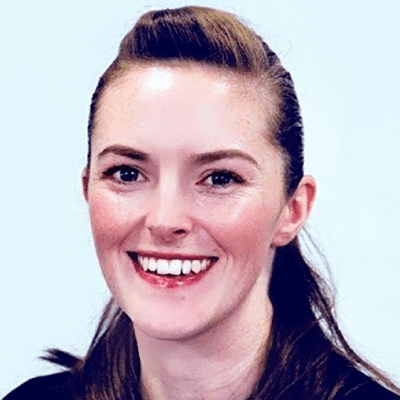
Alongside her role at the University of Glasgow, Katie chairs the Athena Swan Scotland Network. She is committed to ensuring the views and interests of member organisations across the HE and research sector in Scotland are represented throughout this vital transformation project.
Professor Mary Hannon-Fletcher
Professor of Biomedical Sciences and Dean EDI, Ulster University
As a female academic in a STEM subject, Mary was delighted when Ulster University joined the Athena Swan Charter in 2013. Since then, as Ulster University's Athena Swan Champion, she has been a the main driver of the institution's Athena Swan activity. Under her guidance, the University achieved two successful bronze awards (2014 and 2017) and at school level, they have two silver and eight bronze awards. Over the years she has been actively engaged in the Charter both at Ulster and with other universities across the UK and Ireland and as Chair of the University Self-Assessment Team (SAT). She also leads, along with the Athena Swan Office, the implementation of the institution’s action plan.
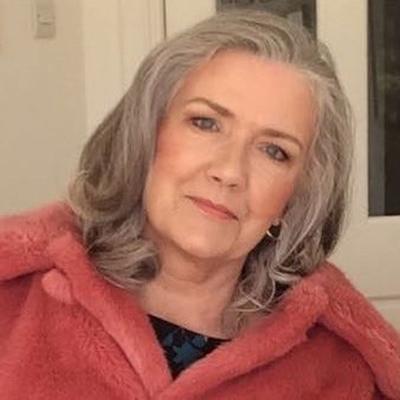
The principles of Athena Swan are close to Mary's heart and she feels very strongly that they are very important to ensure fairness across HE. Given the Charter is under review this, for her, is an excellent time to become more strategically involved in developing the future of the Charter and strengthening the already substantial progress that has been made over the years.
Professor Fiona Karet
Director of Organisational Affairs, School of Clinical Medicine, University of Cambridge
As a clinically active academic nephrologist, Fiona combines a small research lab with running a sub-specialty renal clinical service caring for patients with inherited kidney disorders. She teaches/trains medical students plus post-graduate specialty trainees locally and nationally. She has led Cambridge's School of Clinical Medicine's Equality, Diversity and Inclusion work for 9 years, including two successful School-wide Silver Swan applications. She also brings experience of university, college and charity governance through other current and past roles.
This is an exciting but challenging time for the Athena Swan Charter, particularly now – to realise at an enforced distance developments emanating from the recent external review. She believes there are opportunities to streamline practices, increase fairness, and allow member organisations to celebrate their work in improving equality, diversity and inclusion.
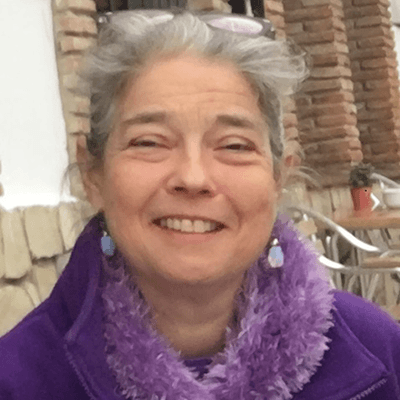
The work done by so many has improved the landscape, but for anyone with a Swan initiative, standing still equals going backwards and individual careers should not be harmed in the process of working towards better working lives for all our staff and students.
Fiona's medical background provides a good foundation for Governance Committee membership, since both involve listening to symptoms, information gathering and investigations, arriving at a diagnosis and instituting a management plan.
Dr Pavel Ovseiko
Senior Research Fellow, University of Oxford
Pavel is leading a multi-disciplinary programme of research and policy advocacy on gender equity and diversity across medical and social sciences. This includes building an evidence base to accelerate women's advancement and leadership through systematic reviews; developing markers of achievement, metrics, and indicators for assessing and monitoring progress towards gender equity; conducting multi-centre cross-country comparisons of the gender leadership gap in academic health centres; exploring ways of creating a more supportive and inclusive university culture, and evaluating impact of Athena Swan gender equality action plans.

He and his colleagues have demonstrated that Athena Swan is the single most comprehensive and systemic gender equality scheme in Europe. It is also fast becoming an influential global movement. Therefore, being a member of the Athena Swan Governance Committee provides a unique opportunity to further strengthen the design, implementation, and strategic development of the Athena Swan Charter. His personal ambition is to co-create “a science of Athena Swan” in collaboration with researchers and practitioners from the institutions and countries participating in the Athena Swan Charter.
Professor Zoe Radnor FAcSS
Provost and Deputy Vice-Chancellor, University of Law
Professor Zoe Radnor is Pro Vice-Chancellor and Executive Dean for the College of Business and Social Science at Aston University. As a member of the University Executive Board Zoe is ensuring that the ambitious Aston 2030 vision is reached through leading the College and university strategic projects. Zoe’s research is performance and process improvement and service management within public sector organisations. Zoe is a Fellow of the Academy of Social Science (FAcSS) and the British Academy of Management (FBAM).
Throughout her career Zoe has focused on promoting women in HE by setting up academic women’s networks, speaking on Springboard programmes, acting as an Aurora mentor and tutor and more recently chairing and speaking at various events focused on allyship, intersectionality and bringing about real change in diversity and inclusion. Zoe championed the development and implementation of an EDI strategy for City, University of London as PVC (EDI, Strategy and Planning) supported by a delivery plan and revised EDI governance structure which places EDI into all aspects of the university management structure.
Given recent government announcements Zoe believes the work for this committee is more significant than ever to assure that gender representation and inclusion in higher education does not reverse but continues to be recognised and embedded. In addition, there is also a greater need for gender equality to be a platform for understanding and recognising intersectionality. Athena Swan should not be an island but part of the landscape of achieving and assuring diversity and inclusion in all that higher education represents, reflecting bodies of students and staff of society.
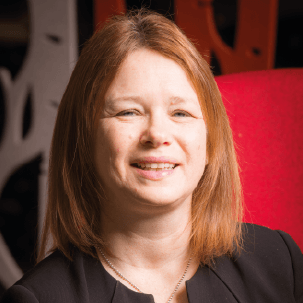
Dr Kathryn N Gray
Associate Professor (Reader) Early American Literature, University of Plymouth
Kathryn’s an Associate Professor of English at the University of Plymouth, where she’s strategic lead for EDI in the Faculty of Arts, Humanities and Business. In her role as EDI lead, she’s come to appreciate the different needs and expectations of a gender equality agenda in the different disciplines that are represented across the Faculty.
As part of the Athena Swan’s development, Kathryn’s especially interested in developing strategies to support ongoing cultural change and intersectionality within the HEI sector, especially within AHSSBL. AHSSBL subjects have had a relatively short engagement with Athena Swan, only joining the charter in 2015, and this current process of renewal offers opportunities for mutually beneficial conversations and exchanges between AHSSL and STEM.
With six years of research management and leadership experience within her discipline, Kathryn’s invested in advancing women’s careers by supporting the development of female researchers and research leaders.
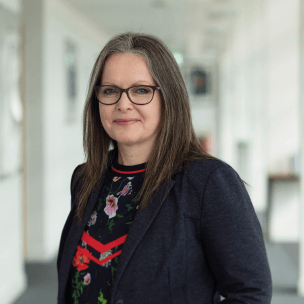
Dr Kelly Vere, MBE
Director of Technical Strategy, University of Nottingham
Dr Kelly Vere MBE is the Director of Technical Strategy at the University of Nottingham where she began her career as a junior medical technician in 1999. She now leads an award-winning programme to enable the strategic and professional development of the University’s 700+ technical staff across the UK and Asia. She is a passionate advocate for technical skills, roles and careers in higher education and research and has written for the Guardian, Times Higher Education and Nature. Kelly founded and leads the Technician Commitment – a sector wide initiative to ensure visibility, recognition, career development and sustainability for the technical community across higher education and research which currently stands at over 115 institutional signatories and sector supporters. She leads a £5M Research England funded programme ‘TALENT’, awarded to the Midlands Innovation universities to advance status and opportunity for the technical community. Throughout her career Kelly has created, facilitated and led a number of opportunities for the technical community. These include the UK Higher Education Technicians Summit and Papin Prizes, the Herschel Programme for Women in Technical Leadership, the UK Technology Specialist Network (TSN) and TechxFest. In 2023, it was announced that she will lead the new £5.5M UK Institute for Technical Skills & Strategy (ITSS).
